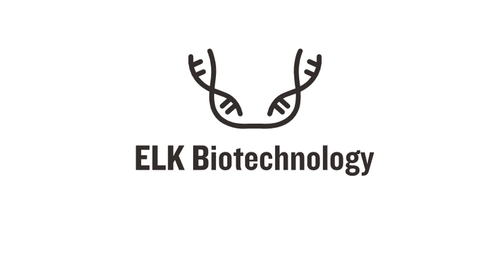Product Description
Human Receptor II for the Fc region of immunoglobulin G (FcGRII) ELISA Kit | AE63094HU | Abebio
Species Reactivity: Human (Homo sapiens)
Abbreviation: FcGRII
Alternative Name: CD32; FCGR2A; FCG2; FCGR2A1; FCGR2; FCGR2B; FCGR2C; Fc Fragment Of IgG, Low Affinity IIa, Receptor
Application: ELISA
Range: 46.88-3000 pg/mL
Sensitivity: 17.35 pg/mL
Intra-Assay: ≤4.5%
Inter-Assay: ≤8.5%
Recovery: 1, 02
Sample Type: Serum, Plasma, Other biological fluids
Detection Method: Sandwich
Analysis Method : Quantitive
Test Principale: This assay employs a two-site sandwich ELISA to quantitate FcGRII in samples. An antibody specific for FcGRII has been pre-coated onto a microplate. Standards and samples are pipetted into the wells and anyFcGRII present is bound by the immobilized antibody. After removing any unbound substances, a biotin-conjugated antibody specific for FcGRII is added to the wells. After washing, Streptavidin conjugated Horseradish Peroxidase (HRP) is added to the wells. Following a wash to remove any unbound avidin-enzyme reagent, a substrate solution is added to the wells and color develops in proportion to the amount of FcGRII bound in the initial step. The color development is stopped and the intensity of the color is measured.
Product Overview: CD32 is a surface receptor protein and part of a large population of B cell co-receptors. It has a low-affinity for IgG antibodies and down-regulates antibody production in the presence of IgG. This feedback loops essentially lowers the production of IgG produced by B cells when there is a surplus in the body.Monoclonal antibodies can distinguish between type A and type B.Receptors for the Fc portion of IgG such as FCGR2A play an essential role in the protection of the organism against foreign antigens by removing antigen-antibody complexes from the circulation. Receptors are present on monocytes, macrophages, neutrophils, natural killer (NK) cells, and T and B lymphocytes, and they participate in diverse functions such as phagocytosis of immune complexes and modulation of antibody production by B cells.
Stability: The stability of ELISA kit is determined by the loss rate of activity. The loss rate of this kit is less than 5% within the expiration date under appropriate storage condition. The loss rate was determined by accelerated thermal degradation test. Keep the kit at 37°C for 4 and 7 days, and compare O.D.values of the kit kept at 37°C with that of at recommended temperature. (referring from China Biological Products Standard, which was calculated by the Arrhenius equation. For ELISA kit, 4 days storage at 37°C can be considered as 6 months at 2 - 8°C, which means 7 days at 37°C equaling 12 months at 2 - 8°C) .
 Euro
Euro
 USD
USD
 British Pound
British Pound
 NULL
NULL








